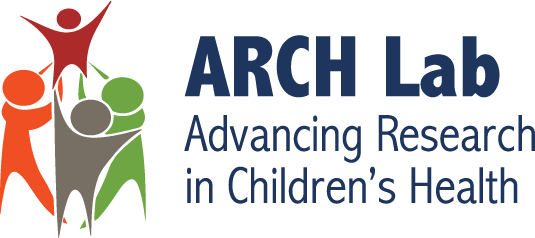ARCH lab recently published a paper titled “Agreement in reporting restrictions in life between children with epilepsy and their parents’’ which was aimed to investigate the agreement between parents and children regarding restrictions associated with childhood epilepsy, using the Hague Restrictions in Childhood Epilepsy Scale (HARCES). This study, sampling from 90 parent-child dyads aged 9-17, found that parent-child agreement on the HARCES was poor, shedding light on potential disparities in understanding the impact of epilepsy on daily life.
Key findings:
- Poor agreement between parent and child responses on the HARCES, indicating a notable disagreement in perceptions of epilepsy-related restrictions
- Parents reported fewer restrictions in daily activities (such as attending parties) compared to children
- The presence of convulsive seizures and longer duration of epilepsy were identified as factors associated with parent-child disagreement
The study suggests that utilizing both parent and child reports is crucial for a comprehensive understanding of the challenges faced by children with epilepsy. The research emphasizes the need for further investigation to uncover the factors influencing these discrepancies and to enhance our understanding of how epilepsy affects the daily lives of children.






